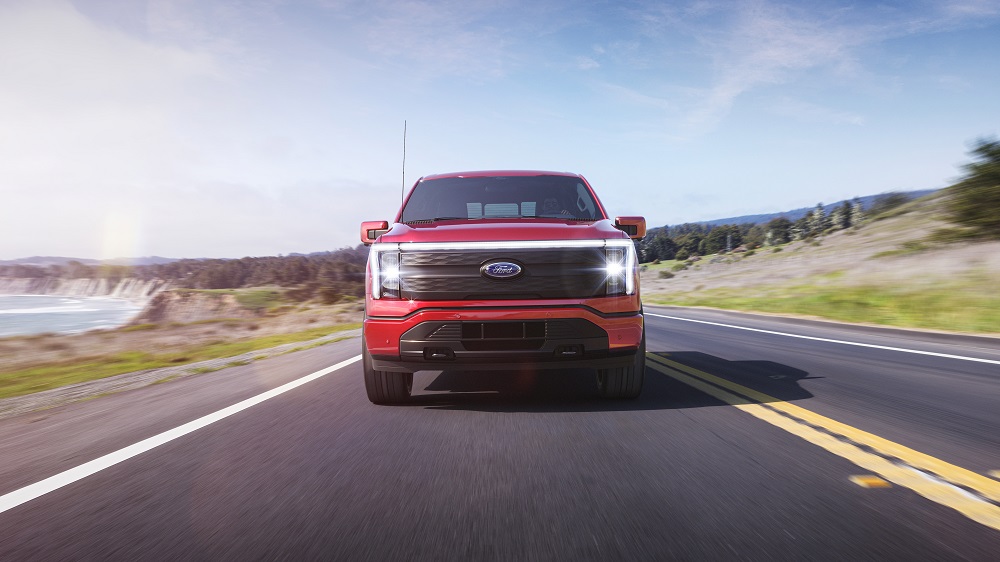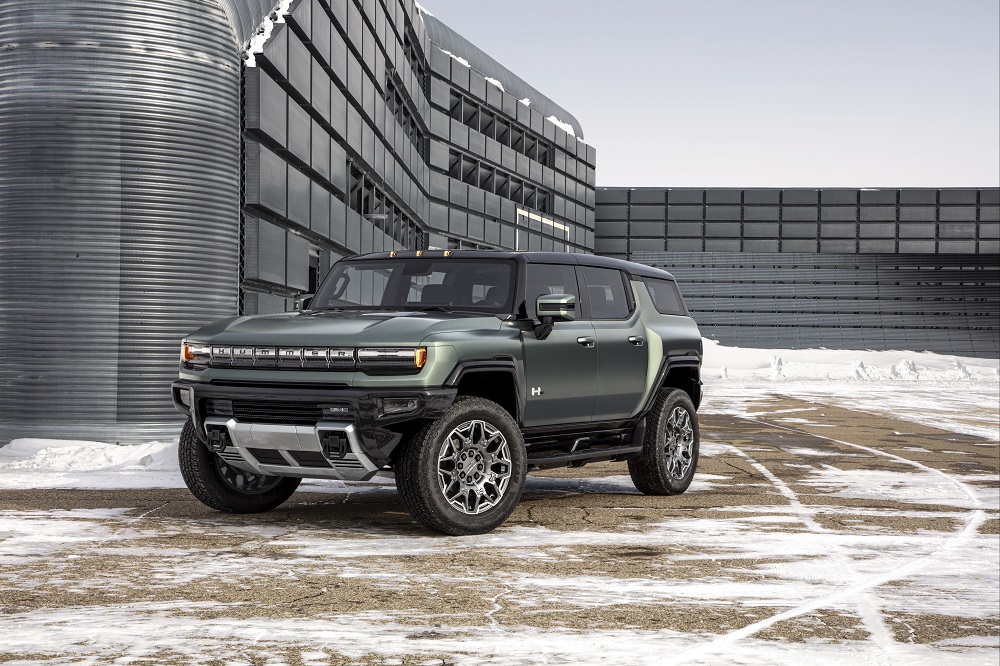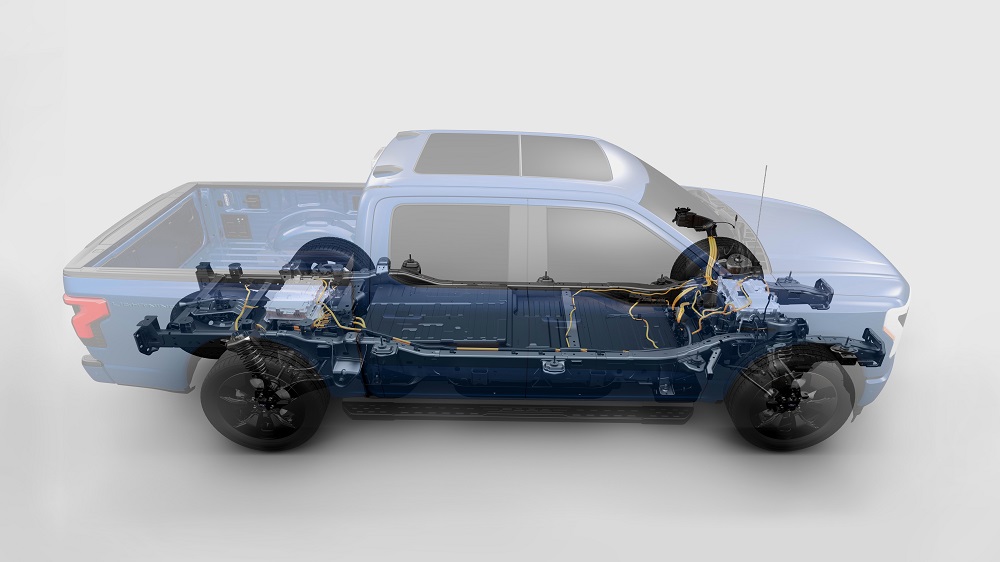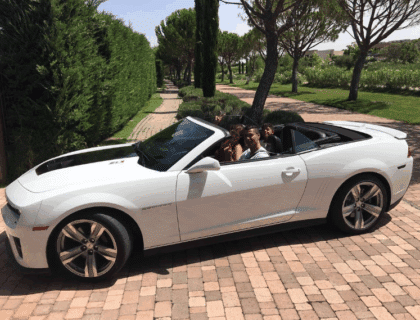
According to the EPA’s 2022 Automotive Trends Report, the rising popularity of pickups and truck-based SUVs is hurting the progress toward slowing and reversing climate change. Vehicles of all types are getting more efficient, but because the least efficient vehicles are taking up more and more of the market share, the benefits are effectively neutralized.
Break The Trend Shop for new cars that don’t break the bank — or the scales
The EPA report found that fleet-wide fuel economy remained the same compared to the previous year: 25.4 miles per gallon on average in both 2021 and 2020. “Some models got more efficient, but with the automakers marketing large SUVs so heavily, they’re taking up more and more market share,” explained Avi Mersky, transportation researcher at the American Council for an Energy-Efficient Economy. “The manufacturers are canceling out all the efficiency progress as they sell more large vehicles.”
In model year 2021, sedans and wagons fell to 26% of the market, about half of what it was in 2013 and down from 80% in 1975. Despite the precipitously declining popularity of small cars, they remain the vehicles with the highest fuel economy and lowest CO2 emissions. Meanwhile, truck SUVs reached a record 45% market share and pickups grew to 16%. These are the vehicles with the lowest fuel economy figures and highest CO2 emissions.

Photo: GMC
CAFE regulations are a major driving force behind the phenomenon of rising vehicle size and weight. The regulations classify SUVs weighing more than 6,000 pounds as work trucks, which are held to lower emission standards. Though they are more expensive, these oversized rides also benefit from more available tax incentives when electrified, making them enticing to customers. This gives manufacturers double reason to produce and market wider and taller SUVs (which you may not be able to fit in an older garage). Some American manufacturers now no longer sell sedans at all.
Large vehicles are a detriment to traffic safety. They are heavier and cause more collision damage. SUVs are twice as likely to roll over and kill their occupants compared to non-SUVs. They increase road congestion and make it harder to see pedestrians, particularly children and wheelchair users, which is contributing to record pedestrian deaths. Generally, large vehicles make the road more dangerous for everyone not also in a large vehicle.
This leads to a feedback loop in which customers feel motivated to buy big vehicles so they can feel safe among other big vehicles, leading to a nonstop pursuit of ever-enlarged rides. Electrified powertrains, which depend on heavy battery packs, are also contributing to the rising weight of vehicles on the road. Their incredible potential for acceleration creates a deadly combination that safety experts find alarming.

Photo: Ford
And it’s not just SUVs that are getting bigger, but cars of all types. “The average vehicle in all categories got larger,” Mersky says, adding that “the in-category rate of improvement was much lower than the standards would have required had there not been a large upsizing of the fleet.” He suggests several measures the EPA could take to discourage large vehicle production, but as Yahoo News editor Ben Adler notes, any change risks being overturned by a future Republican administration.
“The Obama administration had required efficiency increases of more than 20% for model years 2016 through 2021, but the Trump administration rolled back those regulations,” he writes. “As a result of that policy change and the shift toward larger vehicles, the nationwide fuel economy increased only 5% during those years.”
With trucks and SUVs now accounting for 80% of new car sales in the U.S., one can only imagine just how much further along we would be if companies hadn’t made a huge marketing effort to convince Americans they need unnecessarily large cars, instead of much more sensible and still-practical alternatives like wagons and hatchbacks.
Kurt Verlin was born in France and lives in the United States. Throughout his life he was always told French was the language of romance, but it was English he fell in love with. He likes cats, music, cars, 30 Rock, Formula 1, and pretending to be a race car driver in simulators; but most of all, he just likes to write about it all. See more articles by Kurt.





